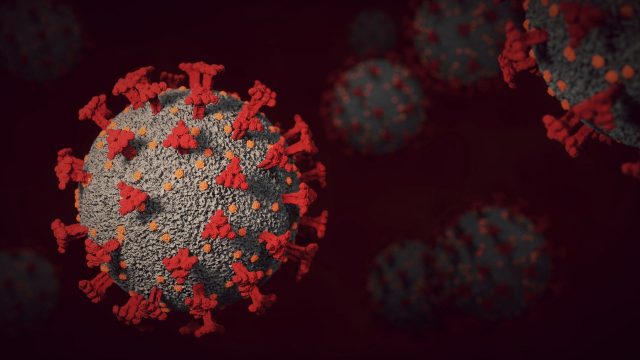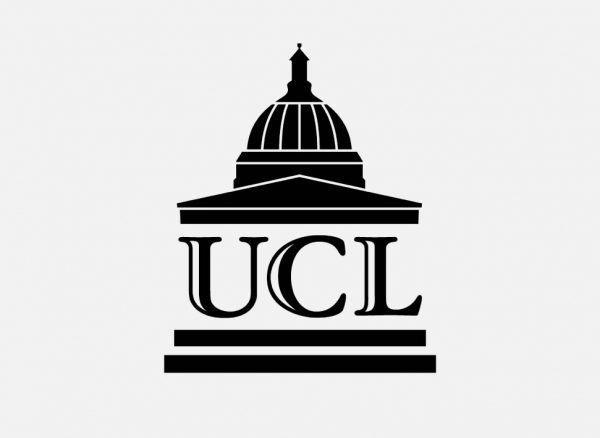COVID symptoms have become milder with the start of Omicron infection. According to specialists, the significantly modified form of concern generates fewer severe symptoms than the Delta, resulting in cold-like symptoms such as a sore throat, runny nose, exhaustion, and back pain. People have reported gastrointestinal symptoms such as nausea, vomiting, and loss of appetite in some circumstances.
Experts have also warned against the possibility of COVID re-infection, which was uncommon with prior COVID types.
What Is COVID Re-infection?
When a person becomes infected with a disease, recovers over time, yet acquires the same ailment again, this is known as reinfection.
According to the Centers for Disease Control and Prevention (CDC), “Re-infection with the virus that causes COVID-19 means a person was infected, recovered, and then later became infected again. After recovering from COVID-19, most individuals will have some protection from repeat infections.”
However, according to the US Department of Health and Human Services, reinfections do occur following COVID-19, but additional research is needed.
How Often Are The Cases Of Re-infection, Especially Now That The Omicron Form Is In Circulation?

Previously, the World Health Organization (WHO) said, “Preliminary evidence suggests there may be an increased risk of reinfection with Omicron (ie, people who have previously had COVID-19 could become reinfected more easily with Omicron), as compared to other variants of concern, but information is limited.”
Re-infection is also a risk, according to Indian health officials, especially with the highly transmissible strain Omicron in circulation.
“Reinfection is something that we cannot ignore in COVID at all, irrespective of the variant. Even if people have recently recovered from an Omicron infection, they cannot take the risk of improper masking or no masking, because reinfection with the variant has still not been ruled out,” a member of the Maharashtra COVID task force, Dr. Shashank Joshi told TOI.
“There is still no official Omicron reinfection case reported anywhere in India. But not following COVID-appropriate behavior after recent COVID recovery is still not an option because one never knows what variant may surface in the future,” another member of the task force, Dr. Rahul Pandit added. He also encouraged individuals to wear masks and keep a safe distance from each other to avoid reinfection from any variant.
Are Re-infection Symptoms Less Severe?
In comparison to their unvaccinated counterparts, fully vaccinated individuals are well protected against severe COVID-19 infections. Similarly, doctors believe that persons who have already been infected with COVID-19 might expect a milder and less severe re-infection.
This is because the re-infected person is thought to have some pre-existing immunity from their initial illness. Furthermore, because many people have already had both doses of COVID vaccinations, as well as boosters, they are likely to have higher levels of protection.
Experts, on the other hand, believe that a lot depends on which variety you get infected with.
According to a survey by the UK’s Office for National Statistics (ONS), alpha reinfections caused symptoms in just 20% of cases, while delta reinfections caused symptoms in 44% of cases and omicron reinfections in 46%.
In comparison to their first infection, people reinfected with alpha were less likely to develop symptoms the second time around. The second time Delta reinfection occurred, it was more likely to cause symptoms. When it came to Omicron, however, the rate of symptoms was nearly identical for both reinfection and original infection.
Also Read: What Is The Link Between COVID-19 And Vitamin-D Levels?
Why Are Recurring COVID Re-infections A Possibility?
Previous research has suggested that immunity to a natural illness can remain for up to 6 months. Another study from the University College London (UCL) found that past COVID infection can lessen the likelihood of acquiring the disease for up to ten months after infection.
Although it is impossible to predict whether COVID-19 will resurface, diminishing immunity has been a topic of discussion among scientists and medics since the outbreak began.
Scientists believe that infection-induced immunity, like vaccine-induced immunity, fades after a particular amount of time. This is why vaccine boosters have become increasingly popular in recent years, as they help re-expose the immune system to the virus particle and stimulate immunological responses.
Do COVID Re-infections Aid In The Development Of Virus Immunity?
Yes, most likely!
The innate immune system and the adaptive immune system are the two main lines of protection in the human body.
When a viral particle is detected, an innate immune response is triggered. This causes a host cell to release a protein that prevents the virus from replicating, or it can cause the immune system to attempt to remove the infected cells.
An adaptive immune response, on the other hand, takes longer to initiate because the immune system must first recognise the viral invader before launching a tailored attack.
Antibodies are a type of antibody found in the adaptive immune system. When a virus is discovered and identified, B cells produce antibodies that stick to the viruses and prevent them from entering cells. As a result, your immune system is able to remember the virus for a long time, preventing you from becoming infected again.
However, because it re-exposes the immune system to the viral pathogen and creates antibodies, any kind of COVID-19 infection, even if it is a recurring infection, can help build and strengthen immunity.
Disclaimer: This article has been fact-checked
Sources: Times Of India, Livemint +more
Image Source: Google Images
Find the blogger @ParomaDey
This post is tagged under health, coronavirus, SARs-COV-2, covid, alpha, beta, delta, Omicron, Delmicron, third wave, World Health Organization, third wave, Satyendar Jain, Sutra model, IIT Kanpur, European Medicines Agency, Dr Monica Gandhi, Bloomberg, California University, Professor Ian Jones, University of Reading, Dr Maria Van Kerkhove, Dr. Mike Ryan, Steve Biko Academic Hospital Complex, UK Health Security Agency, ZOE, National Health Service, Vitamin-D, The Times of Israel, PLOS ONE, Amiel Dror, Galilee Medical Center, rickets, heart disease, diabetes, cancer, reinfection, US Department of Health and Human Services, Dr. Shashank Joshi, Dr Rahul Pandit, Office for National Statistics, University College London, booster
We do not hold any right, copyright over any of the images used, these have been taken from Google. In case of credits or removal, the owner may kindly mail us.





































